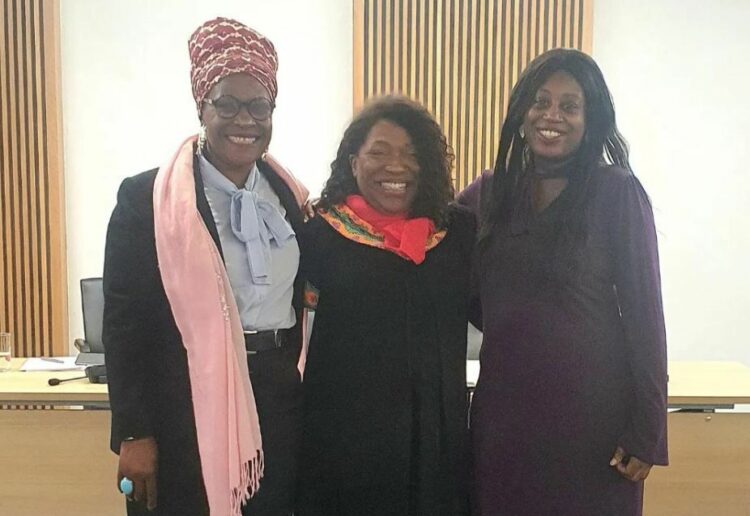The director in charge of medical staff who deliver children in Reading has been grilled over inequalities and after-care in tragic circumstances when women lose their children during or shortly after birth.
Statistics over the number of children being delivered and infant mortalities have featured in a health presentation to Reading Borough Council by Christine Harding, the director of midwifery at the Royal Berkshire NHS Foundation Trust.
Figures show that the Trust is supporting more women who have tragically lost their children through its ‘Rainbow Team’.
In 2022, the team looked after 58 women whose children had died, with two women losing their children to stillbirth.
In 2023, the service assisted 63 women whose children had died, with one woman losing her child to stillbirth.
These figures were featured in a presentation on inequalities in maternity services presented to Reading Borough Council’s adult social care, children’s services and education committee.
During the meeting, serious concerns were raised about inequalities for women in the ‘global majority’ – referring to people from Black, Asian and Minority Ethnic (BAME) backgrounds.
Councillor Alice Mpofu-Coles (Labour, Whitley), the chair of the committee, noted that maternal mortality for Black women is currently almost four times higher than for White women, according to a parliamentary report on Black maternal health.
She said: “Either they lose their life, they lose their child or they have a trauma experience.
“It is statistically noted, and it’s something that the new government is taking very, very seriously, about these statistics that came out specifically after Covid, where the inequalities in health were shown.
“I’m also concerned that the report has not even embedded what you are doing about equity and anti-racism in the fact that most of the research and the investigations that have been done have noted a lot of other things that have happened within that.
“How are you embedding that to make sure there is no mortality happening?
“This becomes trauma, people have actually had very difficult lived experiences in that and it affects mostly people from the global majority.”
Director Harding replied: “Certainly over the last few years there has been a massive cultural shift from the organisation in terms of listening to service user voices, whatever they may be, not just specifically targeting one or two groups, and really trying to work alongside them to understand how we can improve our services and really co-produce the services.
“The other thing we are working hard on is thinking about our workforce. Does our workforce reflect the population that we serve?
“We are doing that quite well in the junior workforce, but we’re certainly trying to support the development of our staff into more senior roles.”
Cllr Wendy Griffith (Labour, Battle) alluded to a presentation she and cllr Mpofu-Coles had attended where women argued that they felt ignored.
She said: “Women were saying they weren’t listened to and believed when they said they were struggling with pain, which led to, in cases, the death of their child.
“It’s a massive issue of women from the global majority just not being listened to and believed.
“Do you think the continuity of carer model is helping to change that?”
Director Harding answered: “yes I think the continuity of carer model is absolutely crucial in that, because it enables the midwives to really build a relationship with the women they care for.”
The presentation was delivered on Wednesday, January 15.
























